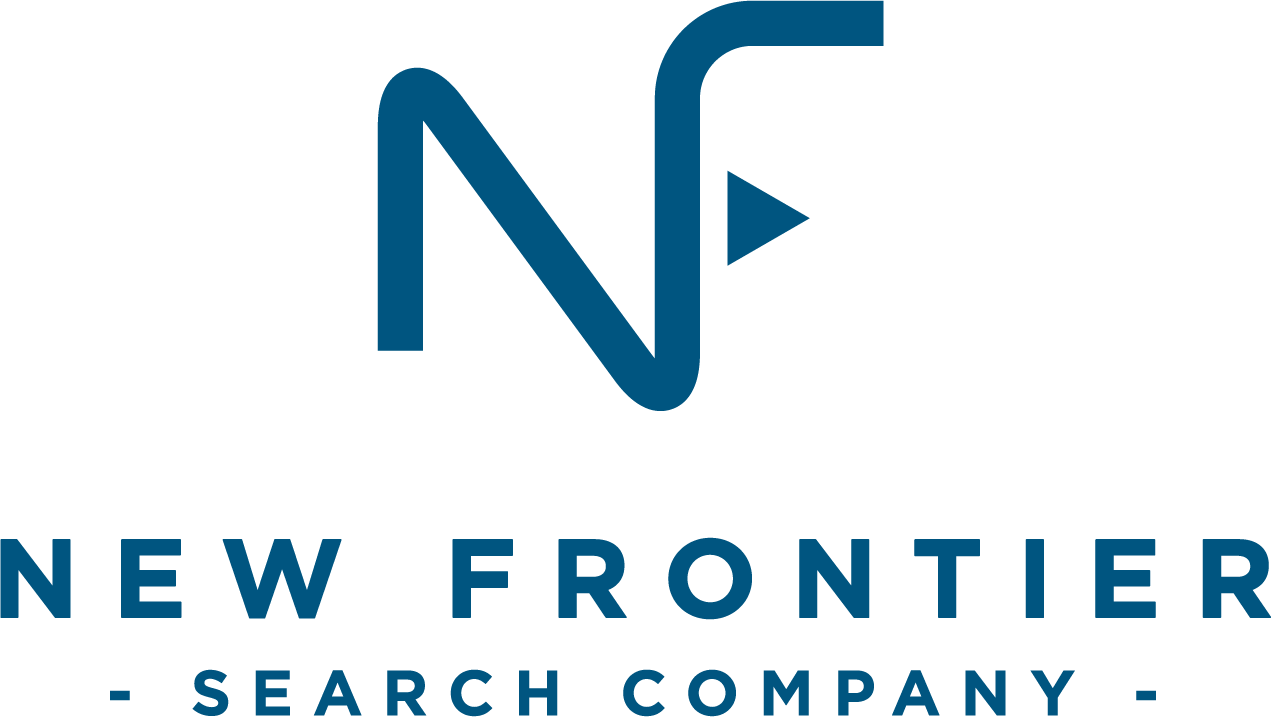Hammer Time! One, insightful question to reveal the inner workings in a sales candidate.
/A long time ago, in suburb far, far away, I was a home builder. I learned how to build houses; learning the craft of carpentry from watching and imitating the best of the best on the various job sites I managed over 9 years. As a young guy, eager to learn, these men took the time to teach me because they sensed I really wanted to learn how they built what they built.
In my garage today, I have a bunch of hammers. Too many hammers, frankly, and it's time to thin the herd. Given the recent down-spacing my wife and I have undertaken, the hammers that served my home remodeling days can retire. Currently in my inventory, I have a 16oz. trim hammer, a 20oz. framing hammer, a roofing hammer with a square head and special markings. I have a drywall hammer with a special rounded head to depress the nail to allow taping to be done well. I have a axe hammer, a rubber mallet, a masonry hammer to severe bricks and stone properly. And I have a beastly, 10- pound sledge hammer behind the tool box for those "special" occasions. Oh, I have a big pipe wrench that I use as a hammer...when I can't find the right hammer or I need a bit more "persuasion" to do something. I can also attest to the fact that each of these hammers have hit my thumb nail squarely and sent me screaming to a location that allows certain "colorful language" to be expressed with vigor--and be heard clear as a bell, within a five- mile radius.
Each of these tools has been adapted and refined over 1000's of years to do the job it is intended to do. Sure, I can use the other hammers to make my the project work fine, but using the right tool, increases my odds of doing a better job and not getting injured by using the wrong fuel with the wrong rocket.
In hiring talent in the sales professionals and leadership talent, it's important to understand what kind of tools and hammers a person has in their personal skills tool box. What tools do they carry with them at all times that help build, fix, remodel or demolish various prospect calls and interactions that will lead to sales? Are they using the right tool in the situation?
During interviews, I suggest asking the candidate questions around how they processed and problem-solved a scenario that led to a sale or solved a problem. Here's a good one: What tools of persuasion do you use, Mrs. Candidate, to gain trust and acceptance? What words, ideas, metaphors, examples, props, pictures, videos, drawings, did they use to engage the client to pay attention and ultimately sign the contract?
By having the candidate show you every step they used, it will give you insights to their intellectual capacity to be self-aware and think quickly when a client curveball is thrown. Look for patterns and processes that are replicable in all sales situations. Professional sales people that earn higher incomes are the same ones that think quickly and can process information logically and find counter arguments to win the customer over with new and more accurate data. It's not a matter of "selling the customer on your stuff" it's the skill of persuading that person to change their mind with better intel and facts you share to support your case for their successful outcome.


